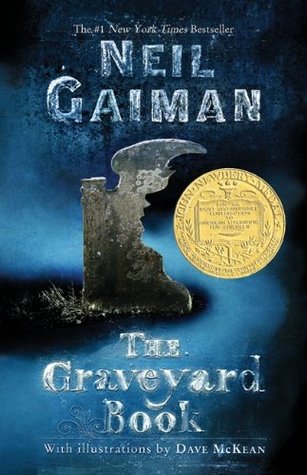 The Graveyard Book, Neil Gaiman
The Graveyard Book, Neil Gaiman
Originally reviewed 26th December, 2008
I got The Graveyard Book for Christmas, yesterday, and devoured it in a single day despite also reading other stuff, watching movies, going shopping, seeing friends and all those things you do when you’re home for Christmas. It’s lovely. I like some of Neil’s other books, like Neverwhere and American Gods, better, but at the same time this one has its attractions. It feels more… bite-size. Easily digestible.
I haven’t actually read The Jungle Book, so I can’t make comparisons with that original inspiration, but I do love the idea of this: a boy gets raised, in a graveyard, by ghosts. In some ways, I wish there’d been less Bod and more Silas, but on the other hand it was quite nice to feel that there was a whole world of stories there and we got glimpses into many of them. I liked the episodic sort of form; I wish there’d been more episodes, though. I also liked that although we are given many, many hints about Silas, the word “vampire” is not used once.
The strength of this book for me was the voices. The narrative voice included. The dry little comments about Silas, the parenthetical dates of births and deaths… it all added up to make me smile often and giggle a few times. Silas’ character was lovely, and the glimpse we got into his feelings in the last chapter was fascinating. The Owenses were good, I could virtually hear their voices as I read their lines — helped, of course, by having listened to the recordings of Neil Gaiman reading this aloud.
Not my favourite book in the whole wide world, but nonetheless a keeper, something easy and smooth for when I’m not feeling up to a mammoth undertaking.
Rating: 4/5

 Code Name Verity, Elizabeth Wein
Code Name Verity, Elizabeth Wein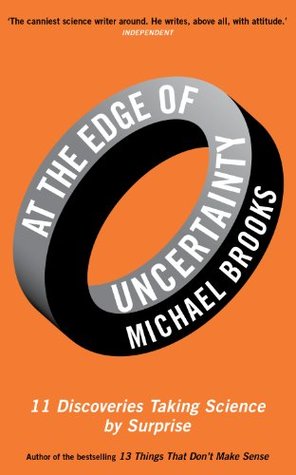 At the Edge of Uncertainty, Michael Brooks
At the Edge of Uncertainty, Michael Brooks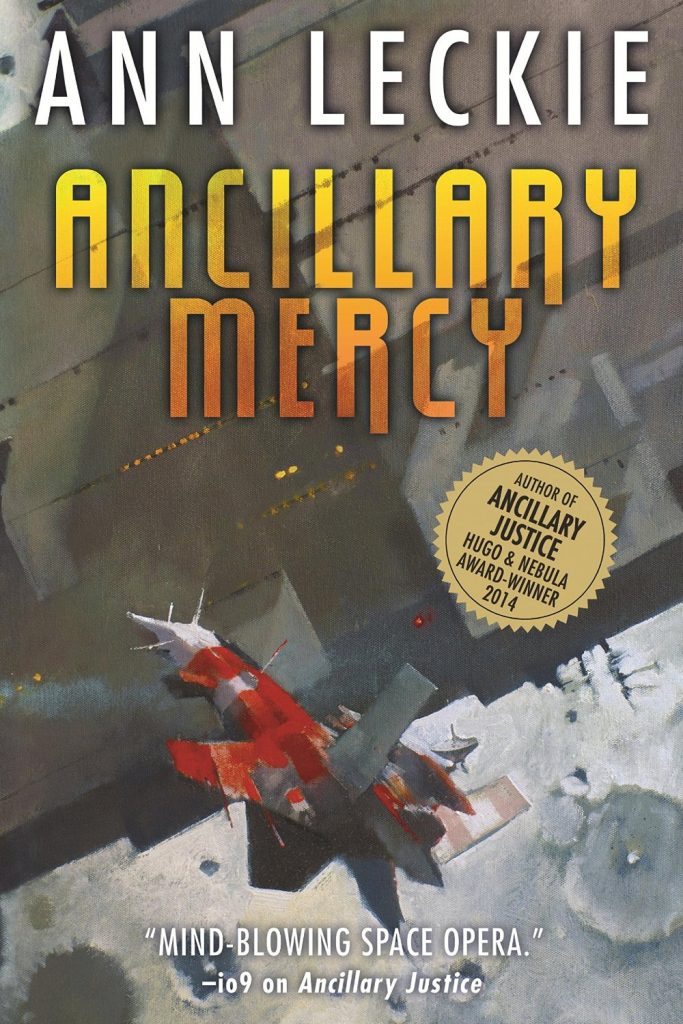 Ancillary Mercy, Ann Leckie
Ancillary Mercy, Ann Leckie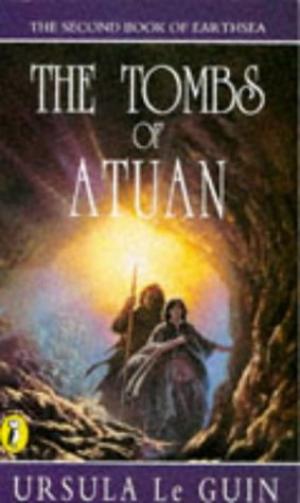 The Tombs of Atuan, Ursula Le Guin
The Tombs of Atuan, Ursula Le Guin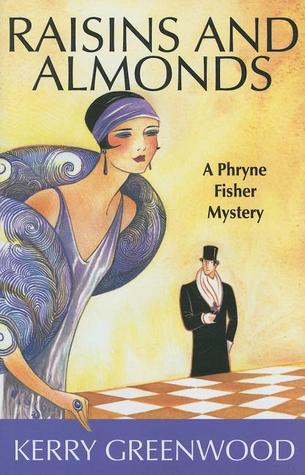 Raisins and Almonds, Kerry Greenwood
Raisins and Almonds, Kerry Greenwood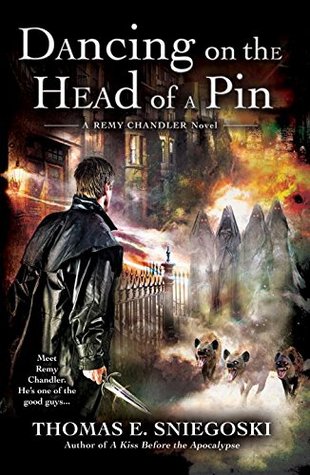 Dancing on the Head of a Pin, Thomas E. Sniegoski
Dancing on the Head of a Pin, Thomas E. Sniegoski Creative Colouring for Grown Ups: Mandalas, Various Authors
Creative Colouring for Grown Ups: Mandalas, Various Authors Over Sea, Under Stone, Susan Cooper
Over Sea, Under Stone, Susan Cooper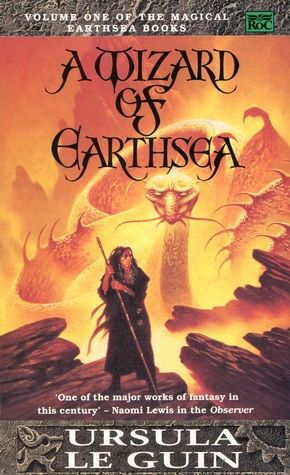 A Wizard of Earthsea, Ursula Le Guin
A Wizard of Earthsea, Ursula Le Guin